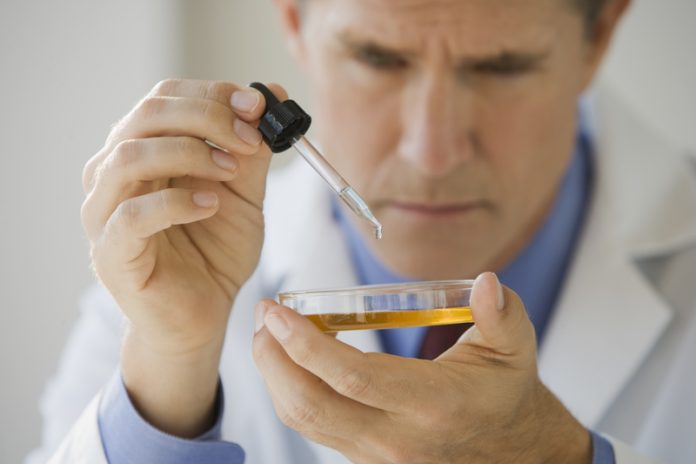A UK laboratory has been granted £50,000 EU funding towards developing non-animal testing methods…
XCellR8, based at Sci Tech Daresbury, has been granted £50,000 funding through the European Union’s flagship research programme Horizon 2020.
The firm is a global leader in non-animal testing and instead uses human cell-based methods.
Animal testing often occurs in the cosmetics, personal care, and household products industry to ensure no damage to humans. However, XCellR8 are pioneering new methods which mean products can be tested on artificial human skin and eyes. These have been reconstructed from human cells donated by cosmetic surgery patients.
The funding will be used to develop the next stage in non-animal testing by identifying the level of harm a product might cause to humans. This is called acute toxicity and this test can be used to gain basic information on the likelihood of a chemical ingredient being harmful to humans.
This will enable manufacturers to identify potentially dangerous chemicals quickly and eliminate the use of these substances in the early stages of product development.
The funding from Horizon 2020 will enable XCellR8 to move closer to full approval of its test by regulators and could eventually lead to the eradication of animal testing for acute toxicity.
XCellR8’s co-founder and managing director Carol Treasure said: “As cosmetics become increasingly sophisticated and include more active ingredients, the regulatory authorities are tightening up on the claims brands are making about their products – such as ‘anti-ageing’ – which means they need to substantiate their claims with data.
“And the current regulations, while necessary, threaten to stifle innovation because without having ‘in vitro’ tests – i.e. not tested on living things – that meet both REACH (Registration, Evaluation, Authorisation and Restriction of Chemicals 2006) and the Cosmetics Regulation, new chemical ingredients can’t be tested or marketed.
“Our mission at XCellR8 is to provide a broad range of scientifically more valid in vitro tests to fill the current gaps and encourage innovation.”











